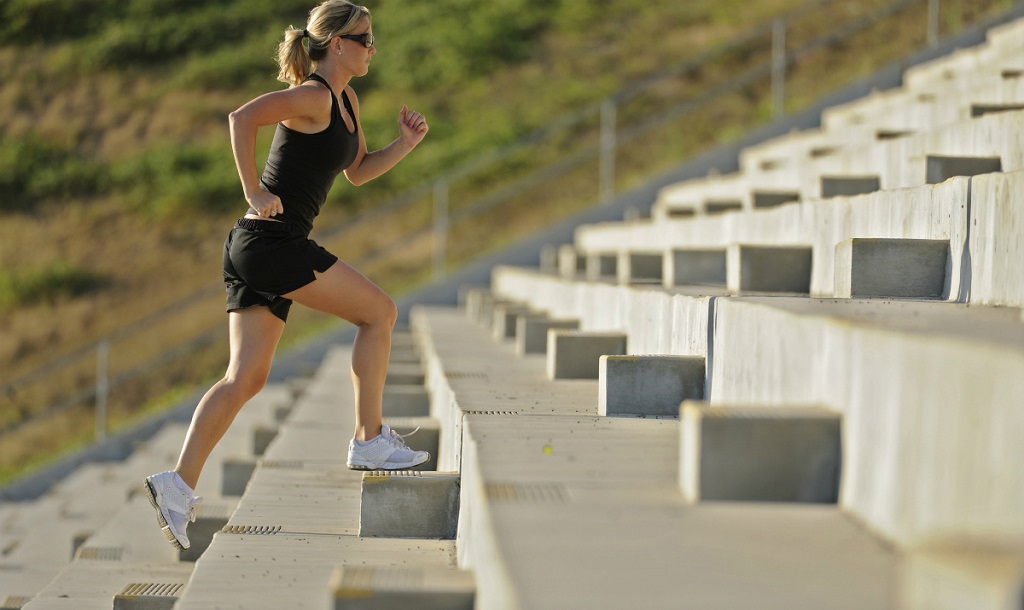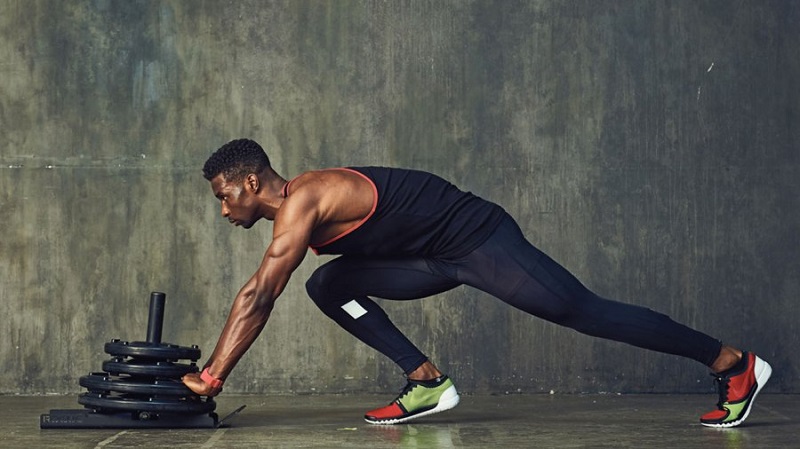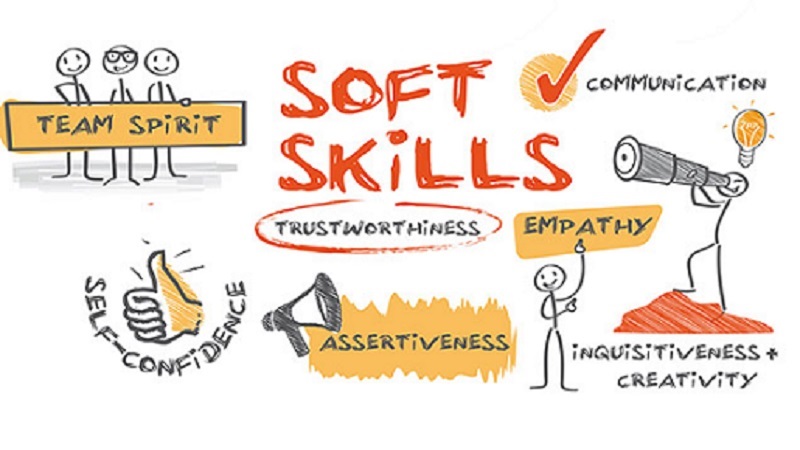
Hard work, Persistence, Perseverance, Diligence, Commitment are everything that is associated with being committed to Physical Fitness for something. A devoted athlete will accomplish the extra work, make an appearance to every Hard Training to improve, and don’t accept defeat. They are making progress toward something, regardless of whether that is needing to beat their past exhibition or contending to pay tribute to somebody who can’t. Engagement is bending over and putting extra effort into when no one is watching, with the goal being that when it comes time to perform, they are ready.
Hard Training joined with Pressure and Social Expectations which could approach a multi-million-dollar contract. You mustn’t have a major name emerging from secondary school or in school to make millions in the expert positions. All you actually have to have is a passionate longing to improve physically every day to reach the professional ranks.
What Type of Physical Fitness Regimes do Top-level Athletes Follow?
There is nobody ‘size fits all’ fitness regime for Professional Athletes. It differs relying upon the sport, body type, age, and so forth I’ve been adequately fortunate to have resided with and prepared with the absolute best squash players on the planet and that is a region where I can reveal some insight.
Single-word that depicts it best is BRUTAL. You must be crazy and neurologically harmed in your mind to go through a portion of the Pressure and Social Expectations for high-level competitors put themselves through, without fail, consistently for an entire year. It’s not generally expected however it’s the value you pay to be best.

A typical pro athlete would prepare around 5-6 hours per day 6 days per week. This probably won’t appear to be a lot of hours however the intensity of training is strange. In fact, without sounding pompous, a normal fit individual would battle to endure one of our warm-ups.
Take a specific endurance session of a former titleholder squash player. His training session would include getting on a spinning bike with a pulse screen lashed around his chest. He’d then, at that point, begin accelerating hard until his heart rate hit 190 beats each moment which he’d keep up with for 10 minutes. After that, there will be a 3-minute break and the cycle will repeat 6 times!
If you wish to understand what this feels like, the next time you go working out, try taking your heart rate to a degree of 180 beats every moment and keeping up with it for 20 seconds. Ensure you have a reliable friend by your side.
While the above system may include one specific athlete, the principle is no different for everybody.
How to Get Your Start
Athletes who contend in team activities, like football, hockey, baseball or basketball, get their preparation by taking an interest in secondary school, school, or club groups. Different competitors, including tennis players, golf players, swimmers, bicyclists, runners, and gymnasts, get private or group lessons as part of their preparation.

What Soft Skills do you Need to Succeed in This Career?
To contend expertly, you will require prevalent abilities, broad preparation, and devotion to a specific sport. You will likewise require delicate Hard Training that you will not acquire through this training.
Relational Skills: Athletes should function admirably as members of a group, especially those whose game includes doing that.
Fixation: A solid capacity to concentrate is fundamental.
Decision Making: You should have the option to settle on choices in a moment while on the field or in court.
Hand-Eye Coordination: In many sports, you must have the capability to match your hand and eye movements.
Physical Stamina: As a competitor, you will require the perseverance to stay genuinely dynamic for long periods.
Lack of Athletic Discipline Will End Your Athletic Career
Every individual who plays a game in secondary school has a specific degree of ability. It is dependent upon those singular competitors to upgrade or work on their athletic ability through a restrained training program consistently. Those competitors who are blindly going for it over time, as a rule, won’t have effective athletic careers.
The undisciplined high school athlete can’t acknowledge criticism even though it is to assist them with improving. You have productive criticism from a secondary school mentor attempting to work on the athletic capacities of a student-athlete and, afterwards, you have criticism that could be fairly unsafe or frightful to a player.
Undisciplined high school student-athletes can, at last, be an absolute catastrophe to a secondary school program and the training staff. Those student-athletes who might have a specific degree of prevalent ability yet are unrestrained can be the sort of competitor hoping to move since they can’t get their direction causing erosion and strain among partners and is troubled and unsatisfied with anything that’s going on with their group. These kinds of players might have a high-level ability, yet if they are wayward physically and can’t acknowledge criticism in any configuration then they are not worth having in the team.
